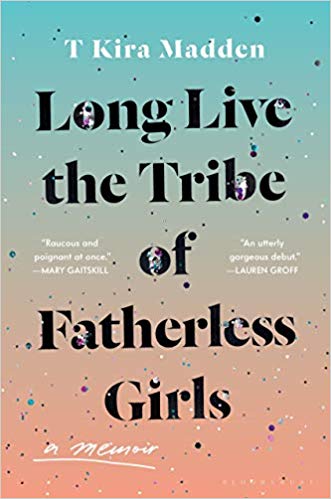By Sarah Sheppeck
 Are you Asian? Queer? Mixed race? A twin? No? Then Addie Tsai’s debut novel Dear Twin isn’t for you—emphasis intentional.
Are you Asian? Queer? Mixed race? A twin? No? Then Addie Tsai’s debut novel Dear Twin isn’t for you—emphasis intentional.
Don’t misunderstand—there’s broader appeal in this narrative, which also tackles the less niche topics of interpersonal relationships, individuality, and abuse, both emotional and physical. But it’s clear that in this deeply personal young adult novel, fictionalized in part from the bones of her own memoir, Tsai hopes to reach certain young adults—those who identify at a core level with her pansexual, Asian-and-white, daughter-of-a-first-gen-immigrant narrator, Poppy, who can add the additional hyphenate of “identical twin” to her list of particular identities. In fact, Poppy isn’t just a twin, but a mirror twin, meaning that she and her sister Lola (short for Lolita—there are layers to that) have matching-but-opposite physical traits, like a birthmark that appears on the left side of Poppy’s face but the right side of Lola’s.



 It is almost 11:45 a.m. on a rare sunny day in Berkeley and instead of being outside, I am sitting in the basement lecture hall of Berkeley City College that smells vaguely of feet. My cell phone doesn’t get reception, so I cannot distract myself from my impatience and anxiety. I am anxious because I want to like this panel of authors, because I deeply respect the moderator, and because I need something to write about, to tie into, my review of Jamel Brinkley’s collection A Lucky Man.
It is almost 11:45 a.m. on a rare sunny day in Berkeley and instead of being outside, I am sitting in the basement lecture hall of Berkeley City College that smells vaguely of feet. My cell phone doesn’t get reception, so I cannot distract myself from my impatience and anxiety. I am anxious because I want to like this panel of authors, because I deeply respect the moderator, and because I need something to write about, to tie into, my review of Jamel Brinkley’s collection A Lucky Man. 